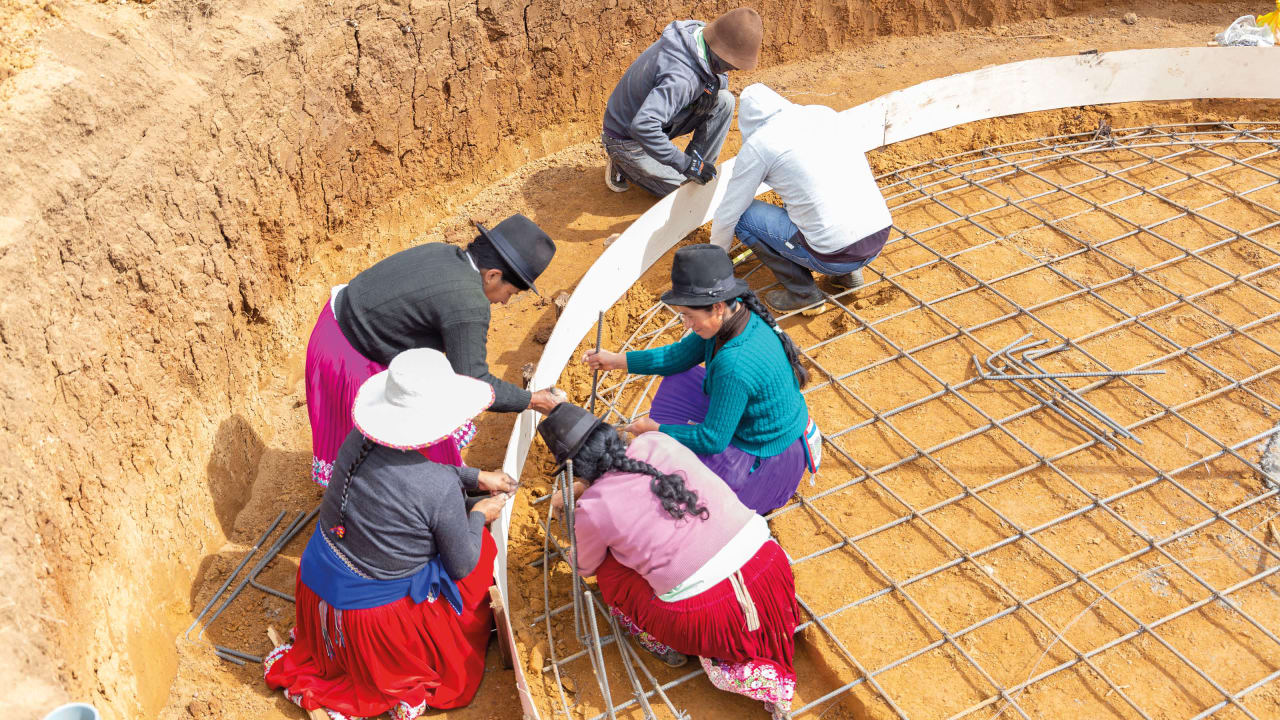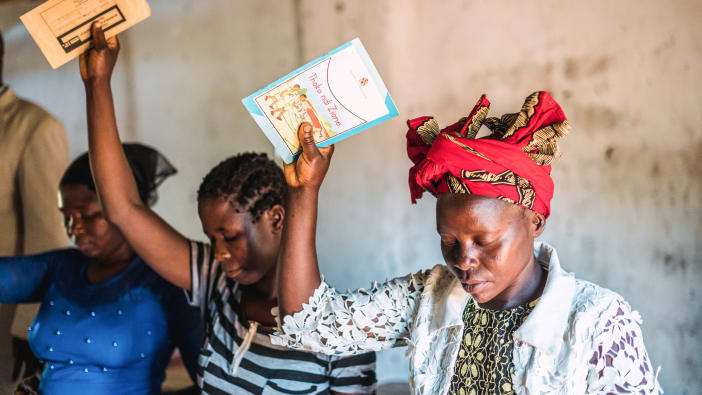Leidy Marín Yepes, a Colombian environmental professional and water management specialist, supports Latin American communities to develop sustainable water systems. She currently serves with the Kichua Kawsaypak Yaku Ministry in Ecuador. Here she talks about some of her experiences.
How do you start working with a community?
‘Many rural communities in Latin America understand the value of good quality drinking water. For generations they have carried low quality water long distances to their homes before school, work, family time or any other activity. So they are highly motivated to work hard and make sacrifices to improve their water supply.
‘When a community asks us to partner with them, we invest time in building relationships and discussing alternative solutions. This is more effective than a group of technicians arriving in a community to tell them what to do, or to provide what they think the community needs.’
What happens then?
‘Our job is to train, accompany and advise as professionals in engineering, administration and other specific areas. Importantly, the communities own their water system. They elect a community water board to organise the work and they build the system. Once it is built, they establish water use fees to ensure that there is enough money to cover operating costs, repairs and maintenance.
‘We find that, in general, communities have all the skills they need to operate a water system successfully; they just need a little technical help, coaching and training.’
What are some of the challenges?
‘We cannot overlook the fact that we are working with communities that for generations have carried out activities under conditions different from those we are familiar with.
‘Some communities resist disinfecting their water (eg chlorination), because they prefer to drink untreated water. But with time, patience, conversation and listening, we can find solutions to these difficulties.
‘Overall, we find that working with a well organised community, aware of their need for safe water and willing to make the sacrifices necessary, largely guarantees the long-term success of a community water system.’










